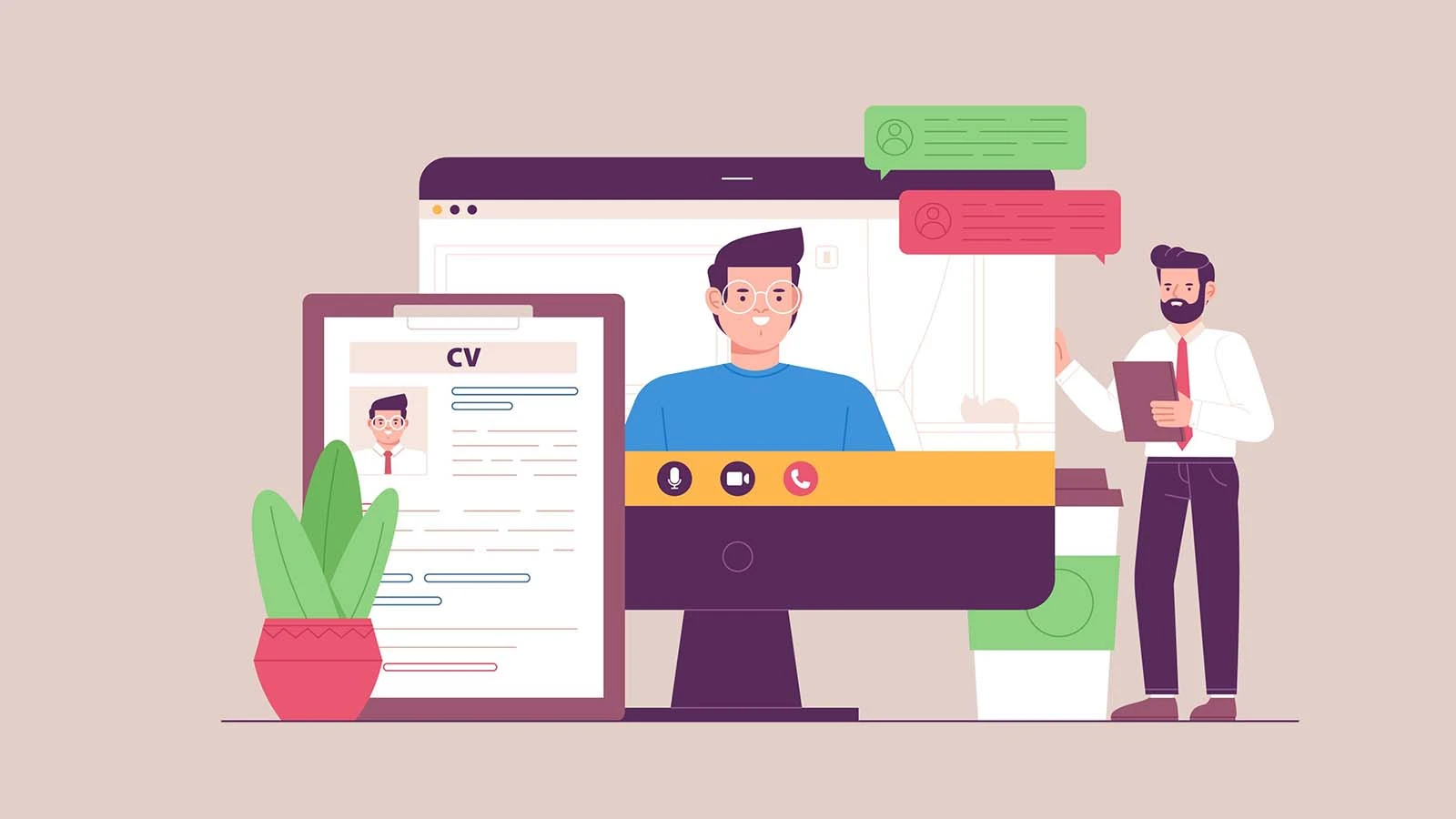How to Ready Your Workforce For Generative AI
Rohit Kumar
09 Oct, 2023

How to Ready Your Workforce For Generative AI
In the 2023 edition of one of the most read reports in HR circles, the Gartner Hype Cycle for HR Transformation, one technology is leading the future of work: AI.
Welcome to the future of work, a rapidly changing landscape thanks to generative AI. You're at the forefront of this transformation if you're an HR professional, a learning and development leader, or a CHRO. But being at the forefront means you are responsible for guiding your organization through these changes. Generative AI is revolutionizing how we think about work, from automating mundane tasks to aiding in complex decision-making processes.
The pace at which generative AI is evolving is nothing short of breathtaking. Just yesterday, we were trying to wrap our heads around basic automation, and now we're talking about AI systems that can write code, draft emails, and even create art. This rapid evolution is both exciting and overwhelming. It brings many opportunities and presents new challenges, especially for those responsible for managing human capital.
So, what's the game plan? How do you prepare your workforce for this brave new world? This article aims to be your comprehensive guide. We'll delve into the skills your employees need, the ethical considerations that can't be ignored, and the strategies for successfully integrating generative AI into your workplace.
The Skills Your Workforce Needs
Creativity: The Must-Have Skill
Creativity has become an irreplaceable asset in an age where algorithms can perform tasks that once required human intelligence. Encourage a culture where employees can think outside the box, propose new solutions, and take calculated risks. Workshops, brainstorming sessions, and dedicated "innovation time" can help foster this environment.
Technical Proficiency: Don't Skip the Basics
Generative AI is user-friendly, but a basic understanding of how these tools work can go a long way. Offer training sessions that cover the fundamentals of generative AI, how to operate specific tools your company uses, and best practices for efficiency and accuracy. Ensure your workforce knows how to leverage these tools to their full potential.
Soft Skills: The Human Element
While AI can process data and generate reports, it can't negotiate a business deal or resolve a conflict between team members. Soft skills like critical thinking, effective communication, and emotional intelligence are more important than ever. Consider soft skills training and workshops as part of your ongoing employee development programs.
Ethical and Legal Considerations
Data Privacy: Handle with Care
Generative AI systems can process a vast amount of data in a short time. While this is one of their strengths, it also poses a risk if proprietary or sensitive data is incorrectly handled. Collaborate with your Risk and Compliance teams to develop guidelines and protocols for data handling when using AI tools.
Bias and Fairness: Keep It Equal
AI models can perpetuate societal biases if they're trained on biased data. It's crucial to audit these tools for any signs of bias and take corrective action where needed. Update your company's ethical AI guidelines to include provisions for auditing AI tools for bias and fairness.
Regulatory Compliance: Stay Within the Lines
Generative AI is new, and regulatory frameworks are still catching up. However, existing laws around data protection, like GDPR, still apply. Ensure your organization is compliant by offering training sessions covering the legal aspects of using AI tools.
Short-Term and Long-Term Strategies
Short-Term: Immediate Actions
-
Engage Employees: Involve your workforce in integrating AI into their daily tasks. That will help with smoother adoption and greater efficiency.
-
Skill Gap Analysis: Conduct an analysis to identify the skills your employees need to work alongside AI tools.
-
Pilot Programs: Before a full-scale rollout, conduct pilot programs within specific departments to gauge effectiveness and make necessary adjustments.
Long-Term: Future-Proofing
-
Continuous Learning: The field of AI is constantly evolving. Make continuous learning a part of your organizational culture.
-
Ethical Guidelines: As AI advances, ethical considerations will become more complex. Keep your ethical guidelines updated.
-
Leadership Training: Prepare your leaders to effectively manage hybrid teams of humans and AI tools.
The Role of HR and Leadership
HR and leadership teams have a critical role in successfully adopting generative AI. From selecting the right tools to setting up governance structures, HR is at the center of this transformation. Here are some emerging roles that are becoming increasingly important:
-
AI Utilization Director: This role oversees how AI tools are used across the organization, ensuring they are used effectively and ethically.
-
AI Implementation Specialist: This person is the bridge between the tech team and the rest of the organization, ensuring that AI tools are integrated smoothly into existing workflows.
-
AI Product & Adoption Manager: This role focuses on the internal customer needs, ensuring that AI tools are effectively deployed and adopted across the organization.
Integrating generative AI into the workplace is not a matter of if but when. As we move into this new era, the role of HR and leadership in guiding this transformation will be more critical than ever. From upskilling your workforce to navigating ethical dilemmas, the challenges are many, but so are the opportunities.
We’re Here to Help
Core Competency is your go-to partner when preparing your workforce for the future. As a leading provider of learning & development software, talent management solutions, and corporate training services, we have the tools and expertise to help you navigate the complexities of the modern workplace. Don't leave the future to chance. Contact us today for a free demo and take the first step in building a future-ready organization.
Assessment of Behavioural Core Competencies
For example, students struggling with a particular concept could be provided with additional resources or assigned to a different module via the e-learning and learning management system.
Read Blog




